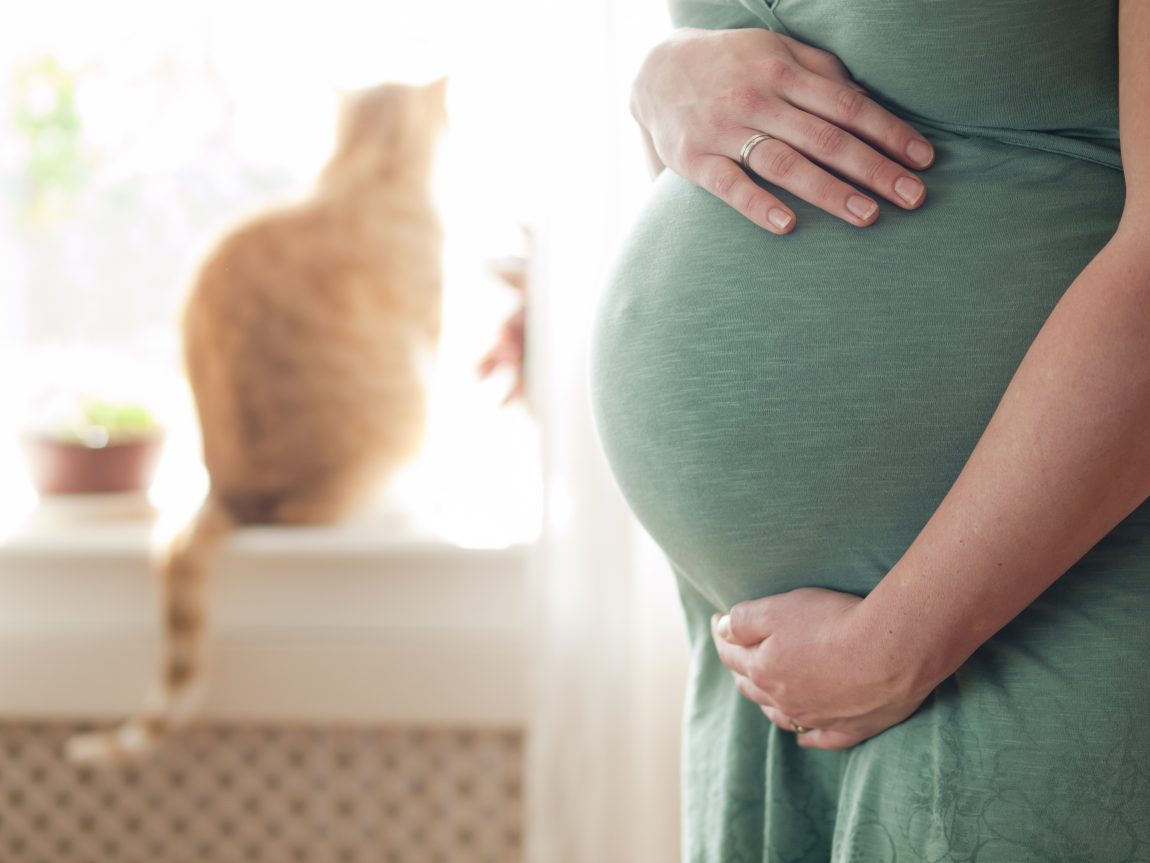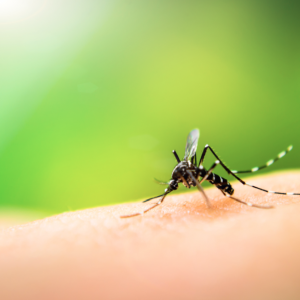
Freckled Fridays! Ask the Veterinarian…Pregnancy and Toxoplasmosis
Question:
Hi Dr. Alison! I am excited to say that we are pregnant with our second baby who is due in January. We have a 2 year old boy and couldn’t be more excited to be having another baby boy. We currently have a cat, Felix, that lives indoors. I was told by my doctor not to clean the liter box while pregnant due to the risk of Toxoplasmosis. I am not all that familiar with this disease or what other precautions I need to be taking with Felix while I am pregnant. Is my 2 year old son at risk too? Thank you!
Answer:
Congratulations on your second baby. That is such exciting news. This is a great question and one I commonly get from new moms to be at my animal hospital.
Toxoplasmosis is an infection caused by Toxoplasma gondii (T. gondii), which is a parasite. It is one of the most common parasitic diseases and is known to affect nearly all warm-blooded animals and humans. Cats are the primary living host of this parasite and the only mammal from which the parasite can can passed through feces and back into the environment. This is the reason why pregnant women must be extremely careful when changing their cat’s litter box. However, litter boxes and cats are not the only carriers of this parasite. Handling raw meats and unwashed produce, which sometimes carry this parasite, can also put you at risk for toxoplasmosis.
Toxoplasmosis may cause no to very mild symptoms in adults and in children. However, a pregnant mother who contracts this illness during or just before pregnancy can pass the infection to her unborn child. A newborn infected with toxoplasmosis may suffer from an enlarged liver and spleen, severe eye infection, jaundice (yellowing of the skin and eyes), pneumonia and sometimes death. Long term consequences of infected newborns can include seizures, mental retardation, impaired eyesight, cerebral palsy, and many other problems.
Your health care provider may suggest a blood test to check for antibodies to Toxoplasma and your veterinarian can test your cat. If you are infected during pregnancy, medication is available and you and your baby should be closely monitored during your pregnancy and after your baby is born.
Ways to prevent transmission of this disease during pregnancy:
- Avoid changing cat litter. If no one else can perform the task, wear disposable gloves and wash your hands with soap and warm water afterwards.
- Ensure that the cat litter box is changed daily. The Toxoplasma parasite does not become infectious until 1 to 5 days after it is shed in a cat’s feces.
- Feed your cat commercial dry or canned food, and not raw or undercooked meats.
- Keep cats indoors.
- Avoid stray cats, especially kittens, and do not get a new cat while you are pregnant.
- Keep outdoor sandboxes covered.
- Wear gloves when gardening and during contact with soil or sand. Wash your hands with soap and warm water after gardening or contact with soil or sand.
- Cook food to safe temperatures.
- Peel or wash fruits and vegetables thoroughly before eating.
- Wash cutting boards, dishes, counters, utensils, and hands with hot soapy water after contact with raw meat, poultry, seafood, or unwashed fruits or vegetables.
- Avoid drinking untreated water.
I hope this helps on your journey and congratulations again on your new baby!





